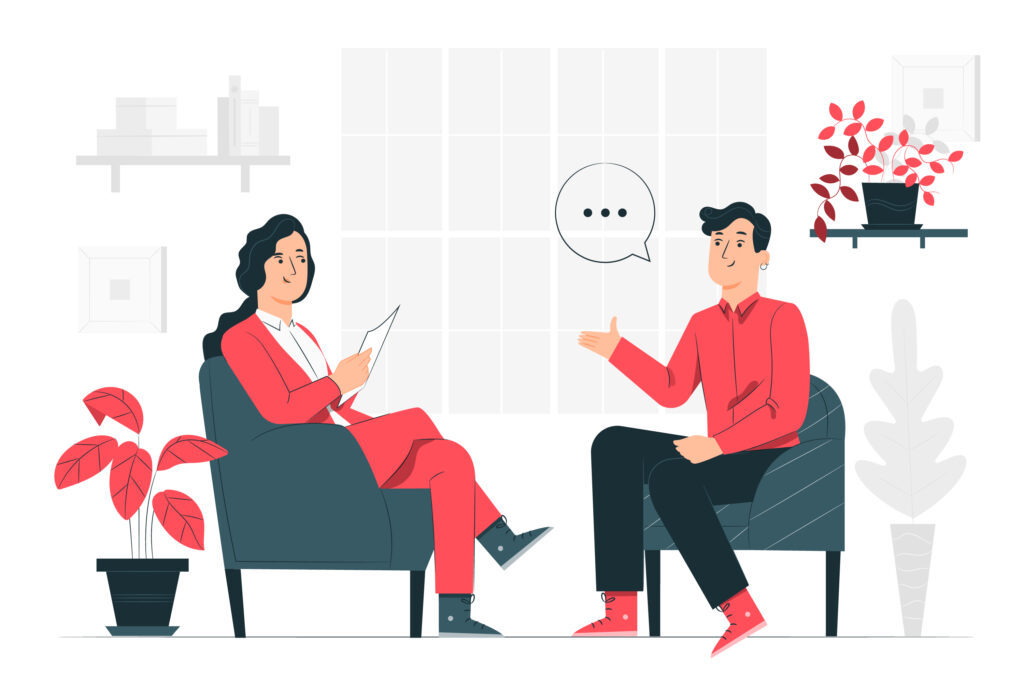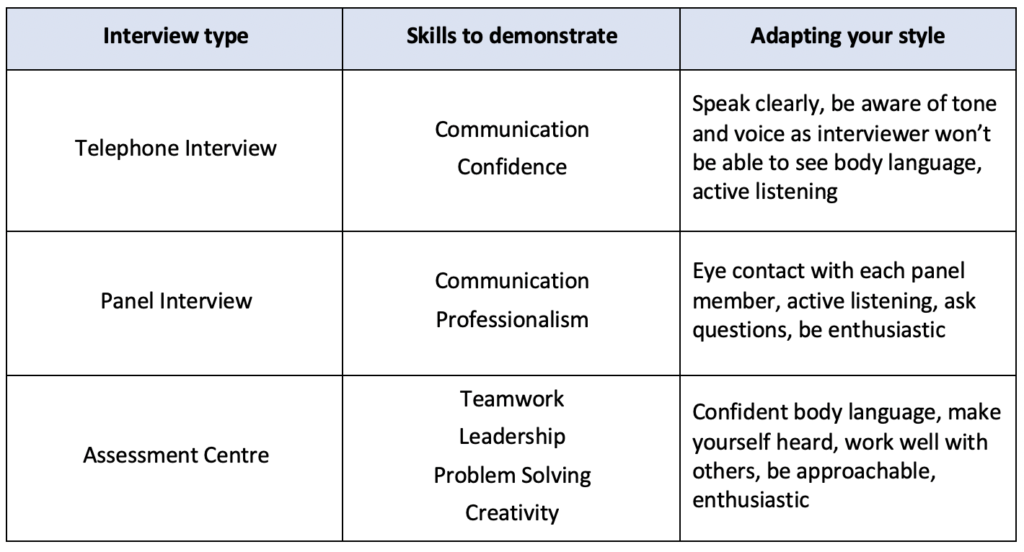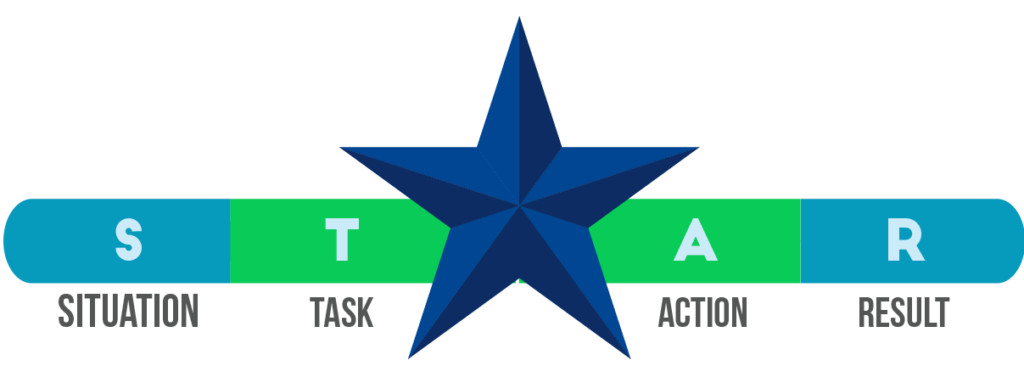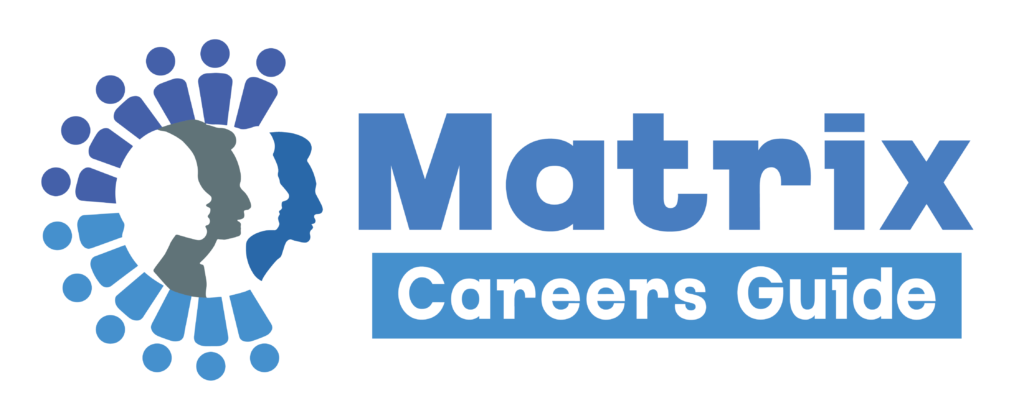Interviews
Interviews

‘You never get a second chance to make a first impression’
An interview is the opportunity for an employer to have a face-to-face conversation with you following a written application. It presents the chance to ask a range of questions regarding skills, experiences and future ambition and is a fundamental element of securing your dream job. This is a two-way process and it also provides an applicant the chance to find out more about the job.
Video Interviews
This will be very similar to a face-to-face interview and will follow the same format. Even though this may be a call, your interviewer can still see you – so dress appropriately and find a quiet place to conduct the call. The interviewer will again be looking for calmness and clarity in your responses so they can decide whether you are a good fit for their organisation.
Online Test
Certain online tests may be timed and are designed to assess your suitability for the position. The interviewer will be looking at how well you communicate effectively and solve problems. You may be able to prepare for online tests if an employer provides you with an indication of what the test entails.
Face to Face Interview
This is may be with the person who will manage you in the role, another member of the department you will join, or someone from the Human Resources (HR) team which oversees all employees. The interviewer will expect that you have thoroughly researched the role. You must be prepared to provide examples to demonstrate your ability in key areas that relate to your role.
Phone Interviews
These are often the first step in the interview process. They give the employer the chance to ask questions over the phone which then sometimes leads to a face-to-face interview. Calm and clearly communicated answers to questions are what an interviewer will be listening for. This is also an opportunity for you to ask any questions you may have.
Panel Interviews
This interview will be conducted by several people. It is common for each panel member to ask several questions each. One person on the panel will usually be the ‘chair’ or lead ensuring that questions are asked by all. Panel members will sometimes take notes to make sure they remember the responses that you give. Ensure that you engage with everyone on the panel to build rapport with them.
Group Interviews
This will take place with a group of people being interviewed. This will usually be an assessment centre interview which enables an employer to run a series of tasks and exercises. You may be assessed on general skills such as communication, teamwork, timekeeping and problem-solving.

Common Skills to Demonstrate
There are common skills that are applicable to all types of interview format. However, some elements of the interview may require you to consider how to adapt your style to meet the demands of that particular environment.
Preparation
is Key
You need to be prepared for your interview in order to perform at your best. You will need to clearly ask and answer questions that present you in the best possible light. It is vital that you know your CV, your self and the company you are applying for.

Do Your Research
Practice Makes Perfect
Following your research draft some questions about the organisation you want to join which are likely to be part of the interview. You may have declared your passion for a certain subject or industry, so be prepared to demonstrate it. Have a good think about your own skills and experience, and how you will relate them to the job itself. Practise these questions with your family, friends, even in front of a mirror.
What are your strengths and weaknesses? how would your friends or colleagues describe you? why do you want to work here? what can you bring to the organisation?
Preparing questions to ask – cover the basics e.g. working hours, next steps, start date, benefits and think of questions that will help you stand out e.g. key objectives of the role, organisational structure, opportunities for self-development and progression

Answering Questions
It’s important to communicate clearly during an interview. We all have different mannerisms when we speak – different speeds, intonations or overuse of certain words.
When preparing for your interview, practise using the STAR model for answering questions. This model will help you to answer your questions comprehensively and allows you to focus your responses.



